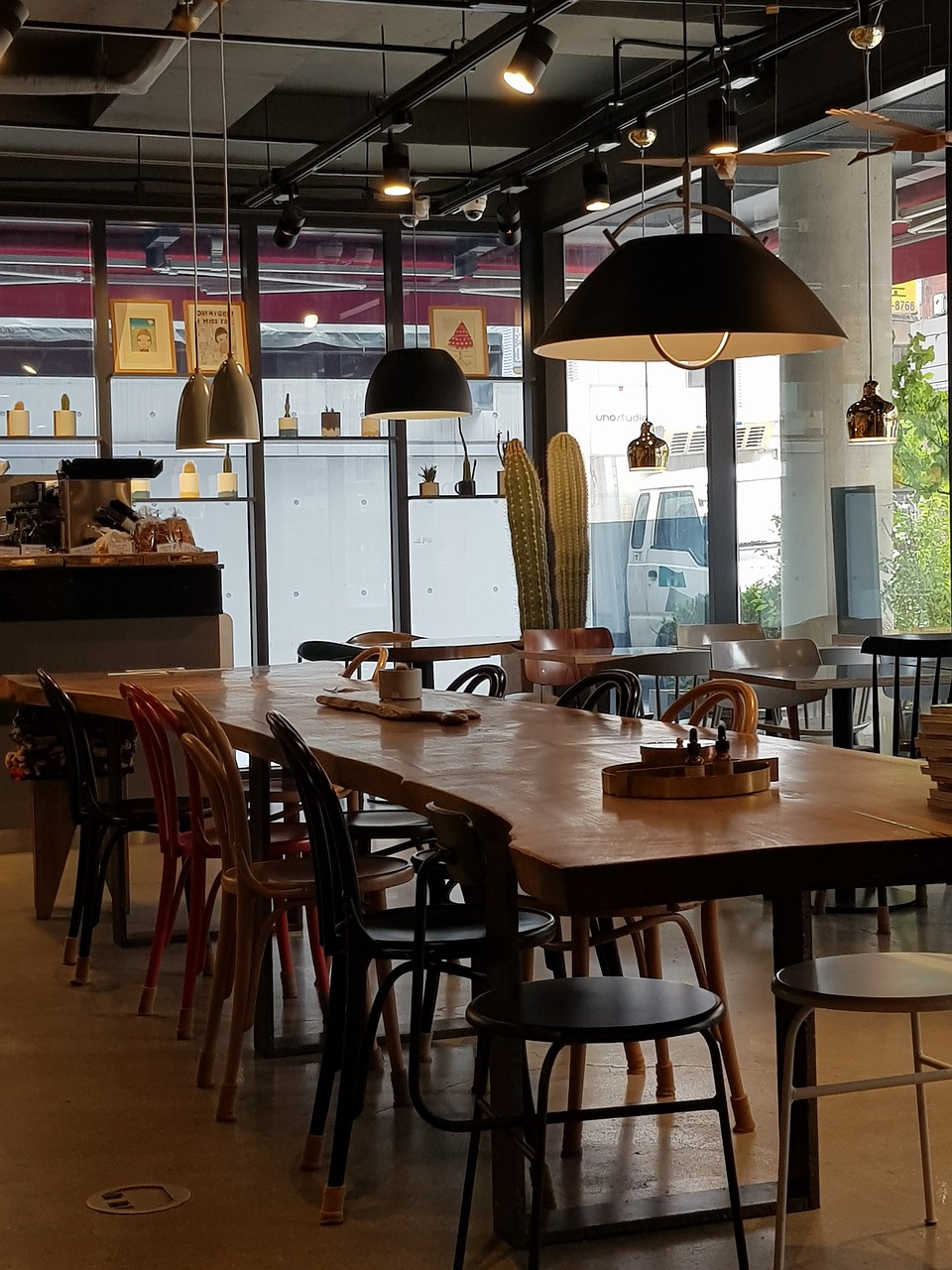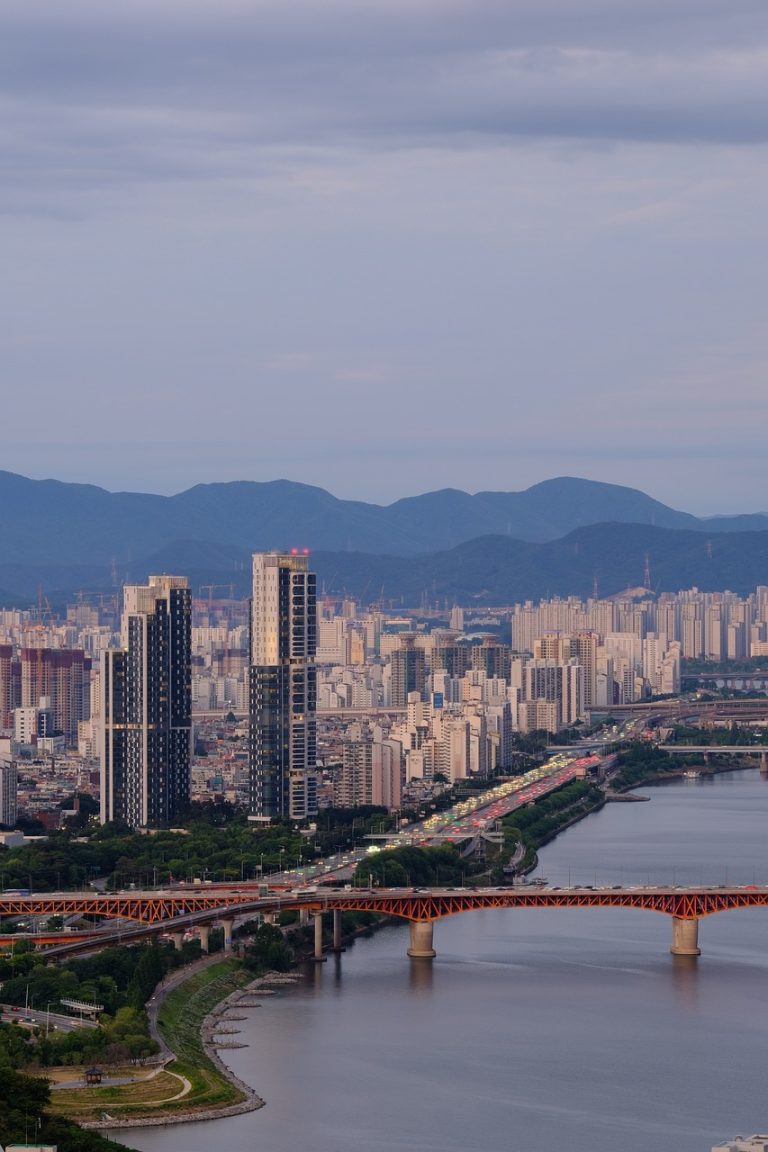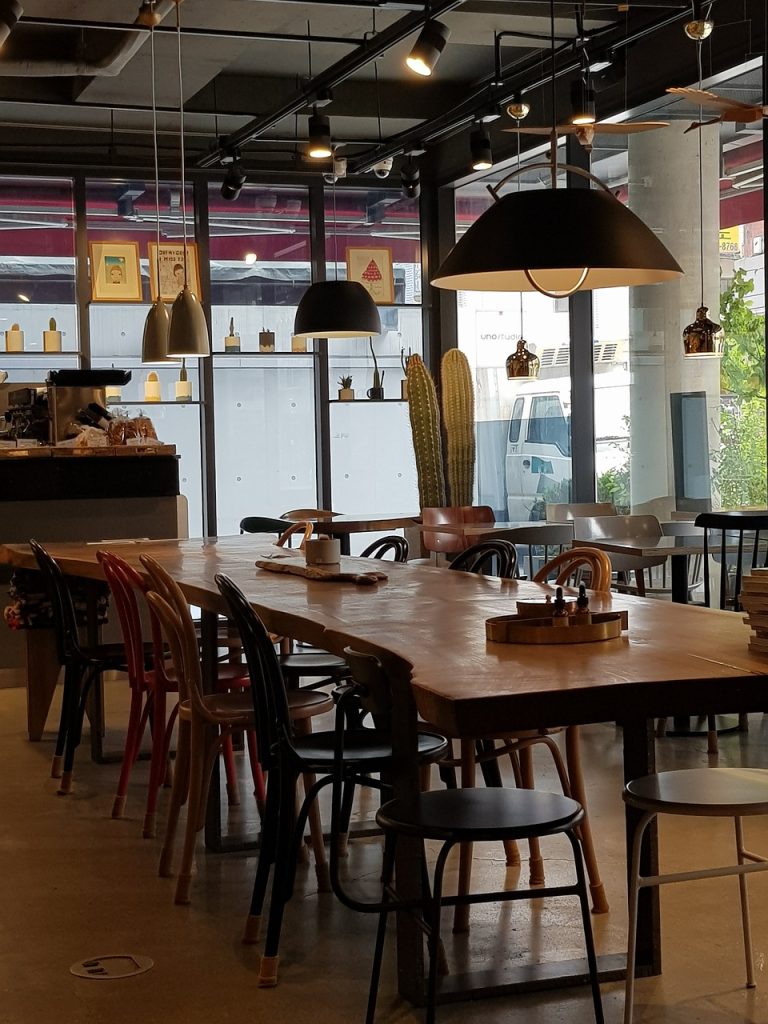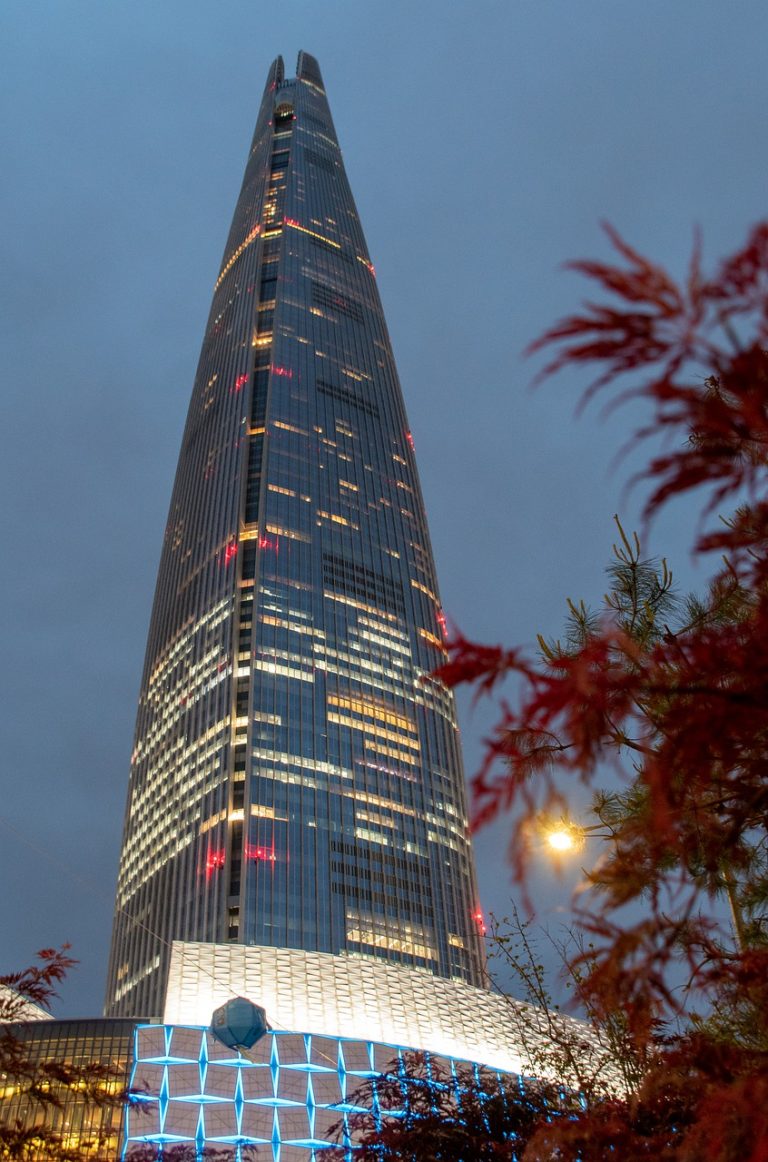Listen (English voice)
Seoul South Korea Video
Eco-friendly Accommodations: Green Hotels in Seoul South Korea
Seoul, the vibrant capital of South Korea, is not only known for its bustling city life but also for its commitment to sustainability. The city is home to several eco-friendly accommodations, often referred to as green hotels, that prioritize environmentally friendly practices and offer sustainable amenities to their guests. From energy-efficient design to eco-conscious operations, these green hotels in Seoul provide an excellent option for environmentally conscious travelers. In this article, we will explore ten such eco-friendly accommodations in Seoul, South Korea.
1. Green Hotel A
- Energy-efficient practices: Green Hotel A is committed to reducing energy consumption through various initiatives such as LED lighting, energy-efficient appliances, and smart thermostats.
- Recycling program: The hotel has a comprehensive recycling program in place to minimize waste generation and promote responsible waste management.
- Organic toiletries: Guests at Green Hotel A can enjoy the use of organic and eco-friendly toiletries, reducing the environmental impact of personal care products.
- Locally sourced dining: The hotel’s restaurant focuses on using locally sourced ingredients to support local farmers and reduce carbon emissions associated with transportation.

2. Eco-friendly Hostel B
- Solar panels: Eco-friendly Hostel B utilizes solar panels to harness renewable energy for its power needs, reducing reliance on conventional energy sources.
- Water-saving fixtures: The hostel has installed water-saving fixtures throughout its premises, including low-flow showerheads and dual-flush toilets, to conserve water.
- Composting program: Guests are encouraged to participate in the hostel’s composting program, where food waste is collected and transformed into nutrient-rich compost for use in the hostel’s garden.
- Bicycle rentals: Eco-friendly Hostel B offers bicycle rentals to promote eco-friendly transportation options and reduce carbon emissions.

3. Sustainable Resort C
- Green building design: Sustainable Resort C was built using sustainable construction materials and incorporates energy-efficient design principles to minimize its carbon footprint.
- Renewable energy: The resort harnesses renewable energy sources, such as solar and wind power, to meet a significant portion of its energy requirements.
- Water conservation: The resort has implemented water-saving measures, including rainwater harvesting systems and water-efficient landscaping, to conserve water resources.
- Nature preservation: Sustainable Resort C is situated in a natural setting and actively participates in conservation efforts to protect the surrounding ecosystem.
4. Green Guesthouse D
- Energy monitoring: Green Guesthouse D utilizes advanced energy monitoring systems to track and optimize energy usage, ensuring efficient operations.
- Waste reduction: The guesthouse emphasizes waste reduction through practices such as paperless check-in/check-out and providing reusable water bottles to guests.
- Green transportation: The guesthouse encourages guests to use public transportation or offers shuttle services to minimize the environmental impact of travel.
- Community engagement: Green Guesthouse D actively engages with the local community, supporting local initiatives and promoting sustainable practices among residents.

5. Eco-friendly Hotel E
- Energy management system: Eco-friendly Hotel E employs an advanced energy management system to optimize energy usage and reduce energy waste.
- Sustainable amenities: The hotel provides guests with eco-friendly amenities, such as biodegradable toiletries and organic bedding, to minimize environmental impact.
- Green meeting spaces: The hotel offers eco-friendly meeting spaces equipped with energy-efficient lighting and recycling facilities.
- Local partnerships: Eco-friendly Hotel E collaborates with local sustainable businesses to support the local economy and promote sustainable tourism.
6. Green Apartment F
- Energy-saving appliances: Green Apartment F is equipped with energy-saving appliances, including energy-efficient refrigerators, washing machines, and air conditioning units.
- Smart home technology: The apartment utilizes smart home technology to optimize energy usage and enhance overall energy efficiency.
- Green cleaning products: Green Apartment F uses environmentally friendly cleaning products to minimize harmful chemical usage and maintain indoor air quality.
- Community gardens: The apartment complex features community gardens where residents can grow their own organic produce, promoting sustainable living.
7. Sustainable Center G
- Green roof: Sustainable Center G has a green roof that helps regulate temperature, reduce energy consumption, and improve air quality.
- Water filtration system: The center has installed a water filtration system to provide guests with clean and safe drinking water while minimizing single-use plastic bottle waste.
- Eco-conscious events: Sustainable Center G hosts eco-conscious events and workshops to raise awareness about sustainability and encourage sustainable practices.
- Education and outreach: The center actively engages with the community through educational programs and outreach initiatives focused on sustainable living.
8. Green Resort H
- Renewable energy sources: Green Resort H generates a significant portion of its energy needs through renewable sources, such as solar and geothermal energy.
- Water management: The resort implements water management strategies, including rainwater harvesting and water recycling systems, to minimize water wastage.
- Protected natural areas: Green Resort H is located near protected natural areas and actively supports conservation efforts to preserve the surrounding biodiversity.
- Organic farm-to-table dining: The resort’s restaurant offers farm-to-table dining experiences, utilizing organic produce sourced from local farms.
9. Eco-friendly Guesthouse I
- Energy-efficient heating and cooling: Eco-friendly Guesthouse I utilizes energy-efficient heating and cooling systems to reduce energy consumption and greenhouse gas emissions.
- Reusable amenities: The guesthouse provides guests with reusable amenities, such as refillable toiletry containers and cloth towels, to minimize single-use plastic waste.
- Green transportation guidance: Guests receive information on eco-friendly transportation options, including nearby public transportation routes and bicycle rental services.
- Support for local artisans: Eco-friendly Guesthouse I showcases locally made products and supports local artisans, contributing to the preservation of local culture and traditions.
10. Sustainable Hotel J
- Sustainable architecture: Sustainable Hotel J features sustainable architecture, incorporating natural light, ventilation, and green spaces to enhance energy efficiency and guest comfort.
- Waste management: The hotel has implemented comprehensive waste management practices, including recycling, composting, and reducing single-use plastics.
- Environmental education: Sustainable Hotel J offers environmental education programs to guests, raising awareness about sustainability and encouraging responsible travel practices.
- Support for local communities: The hotel actively supports local communities, collaborating with local organizations and promoting fair trade practices.
References:
petitpalace.co.uk
seoulkorea.com
visitseoul.net
korea.net
greenhotels.com
ecotourism.org







